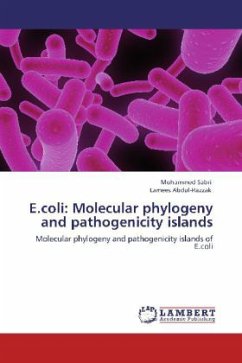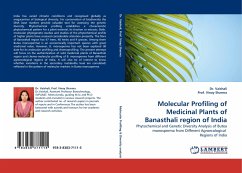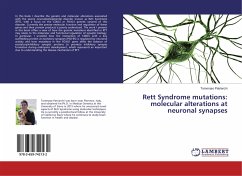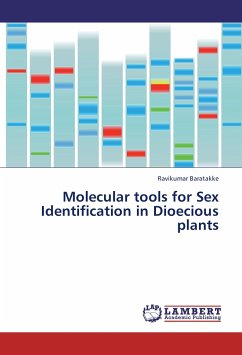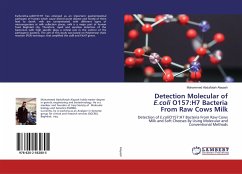Phylogeny is the study of evolutionary relatedness among various groups of organism. Molecular phylogeny has also revealed that horizontal transfer plays an important and unexpected role in evolution. Phylogenetic analysis has shown that E. coli strains fall into four main phylogenetic groups (A, B1, B2,and D). the phylogeny groups of E. coli are distributed into intestinal and extraintestinal. There are three markers used in the phylogenetic analysis of E. coli as follows:- chuA, yjaA, and TspE4.C2. The presence of pathogenicity islands is one of the most indicator of the possession of E. coli of virulence factors. Pathogenicity of E. coli has been correlated with the presence of gene encoding for one or more virulence factors including (adhesins P and S fimbriae), iron acquisition systems (e.g., aerobactin), and toxin (e.g., hemolysin).

